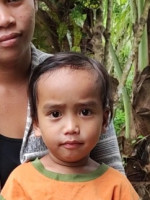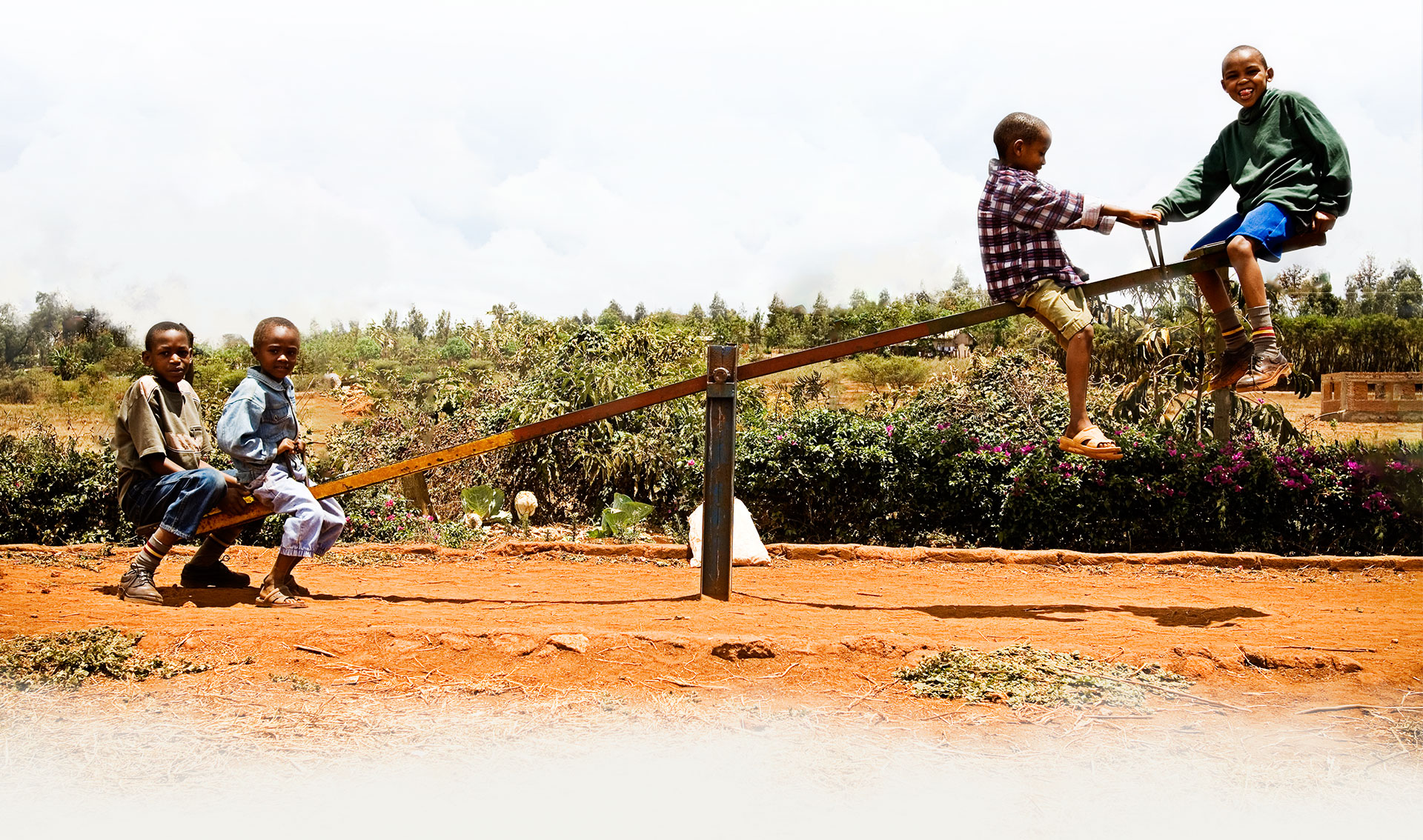
Dodong

Birthday
November 4, 2018
Age
Age: 5
Gender
Boy


Dodong is 5 years old and lives in Philippines.
I live with my mother and father in the San Fernando area. The primary language where I live is English. My mother and father are sometimes employed as day labourers. At home, the chore I'm responsible for is running errands. I like playing house and toy cars. I am not attending school because I am too young.
The country of the Philippines is famously made up of over 7,000 islands in the Pacific Ocean. Only about 2,000 of those islands are inhabited. The capital city of the Philippines is Manila, which is located on Luzon, the largest island in the northern region of the country. The climate is usually hot, humid, and rainy. The Philippines is known for its warm beaches, majestic volcanoes, and its traditions of strong family loyalty and warm hospitality.
The Philippines is an ethnically diverse country, and the islands have been the crossroads of many cultures from across Asia and a wide diversity of local Indigenous tribes. Though Filipino (Tagalog) and English are the country’s two official languages, over 120 languages are spoken in the Philippines.
The country was colonized by Spain for over 300 years before being ceded to the United States in 1898. During the Second World War, the Philippines was occupied by Japan before gaining its independence in 1946. Since the toppling of an authoritarian dictatorship under Ferdinand Marcos in the 1980s, the country has experienced relative political stability and economic growth. Yet, much inequality remains, with extreme wealth and extreme poverty existing simultaneously in the country.

Compassion’s ministry is focused on what we call holistic child development. This means developing children in all the different aspects of their lives—their minds, bodies and relationships—while giving them the opportunity to hear about and experience the love of Jesus from caring local church staff and volunteers.
Absolutely not! We encourage children and families of all faiths and backgrounds to register in our programs and would never require or coerce anyone to convert to Christianity.
Learn MoreToday, children around the world are discovering that poverty doesn’t have to be their future. Help one more do the same by sponsoring with Compassion!

While we're sorry you could not sponsor this specific child, we would love to help you find a different child to sponsor.
Age: